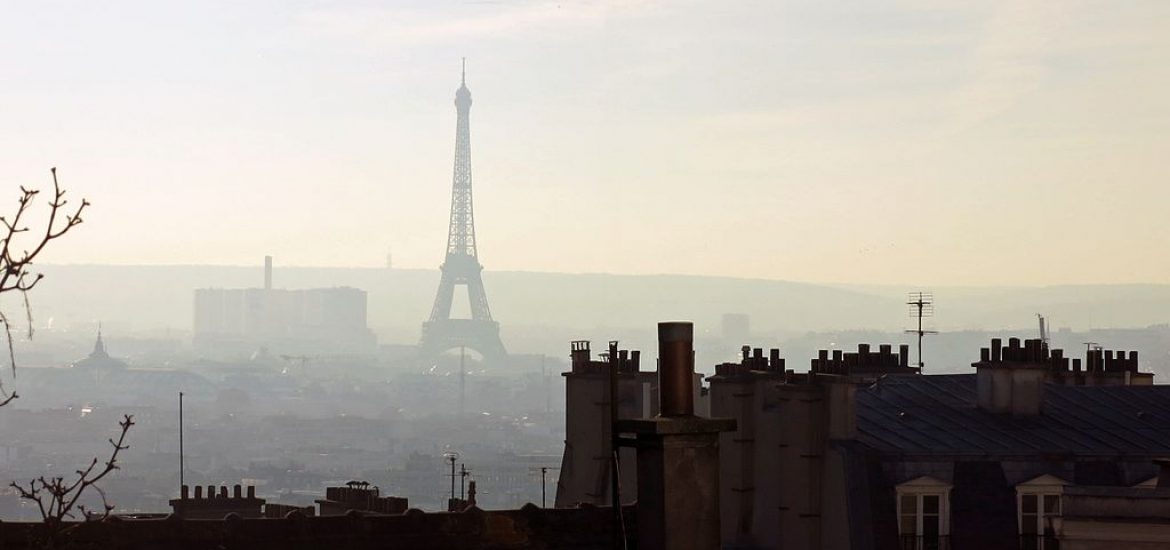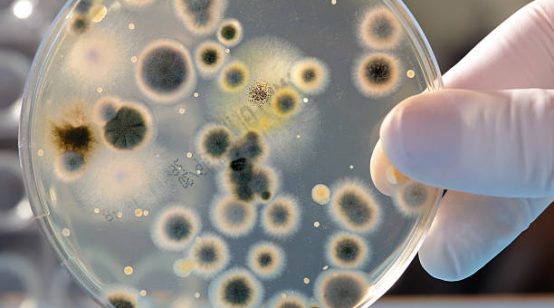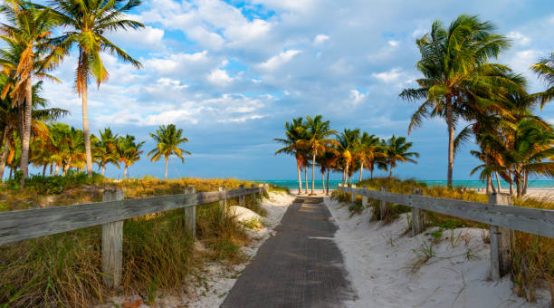
The European Parliament has approved draft measures to reform the power market and reduce energy consumption that envisage more ambitious climate targets.
MEPs voted that renewable energy should account for at least 35 per cent of EU energy use by 2030. EU member states agreed in December to a target of 27 per cent, disappointing environmental campaigners who see it as lacking ambition.
The draft legislation on energy efficiency was approved by 485 MEPs to 132, with 58 abstentions.
The EU is estimated to be the world’s third-largest emitter of greenhouse gases after China and the US, releasing about 10 per cent of the world’s emissions.
Lobby group WindEurope welcomed Wednesday’s vote, saying the difference between 27 and 35 per cent could mean €92 billion more in future investments for the sector.
By 2030, each member state under the proposal has to ensure that 12 per cent of the energy consumed in transport came from renewable sources. The contribution of so-called “first generation” biofuels from food and feed crops should be limited to 2017 levels, with a maximum of 7 per cent in road and rail transport. Parliamentarians also want a ban on the use of palm oil, largely from Malaysia and Indonesia, from 2021.
Apart from any environmental benefits, the European Commission estimated that a 30-per-cent target would create 400,000 jobs, increase European economic output by €70 billion and reduce the EU’s reliance on gas imports by 12 per cent.
“The increased policy ambition is welcome news,” said Glen Peters, a climate specialist at the Centre for International Climate and Environmental Research in Oslo.
However, nowhere did the draft proposals say by how much they would cut greenhouse gases, giving no guarantee that the EU would reach 2030 emissions targets, argued Peters. “Only the passage of time will reveal if the combination of interacting policies is effective at reducing emissions sufficiently.”
MEPs, the executive European Commission and EU member governments must now negotiate over the final legislation.
The EU goals promote better insulation and energy use in buildings, more efficient consumer goods and smarter domestic appliances.
The targets aim to help the bloc meet its overall goal of reducing emissions by at least 40 per cent below 1990 levels by 2030, following the Paris Agreement to limit global warming to below 2°C.
The EU also has a shorter-term target of getting 20 per cent of energy from clean sources by 2020 with the bloc seemingly on track to meet it.
Picture credit: Wikimedia





